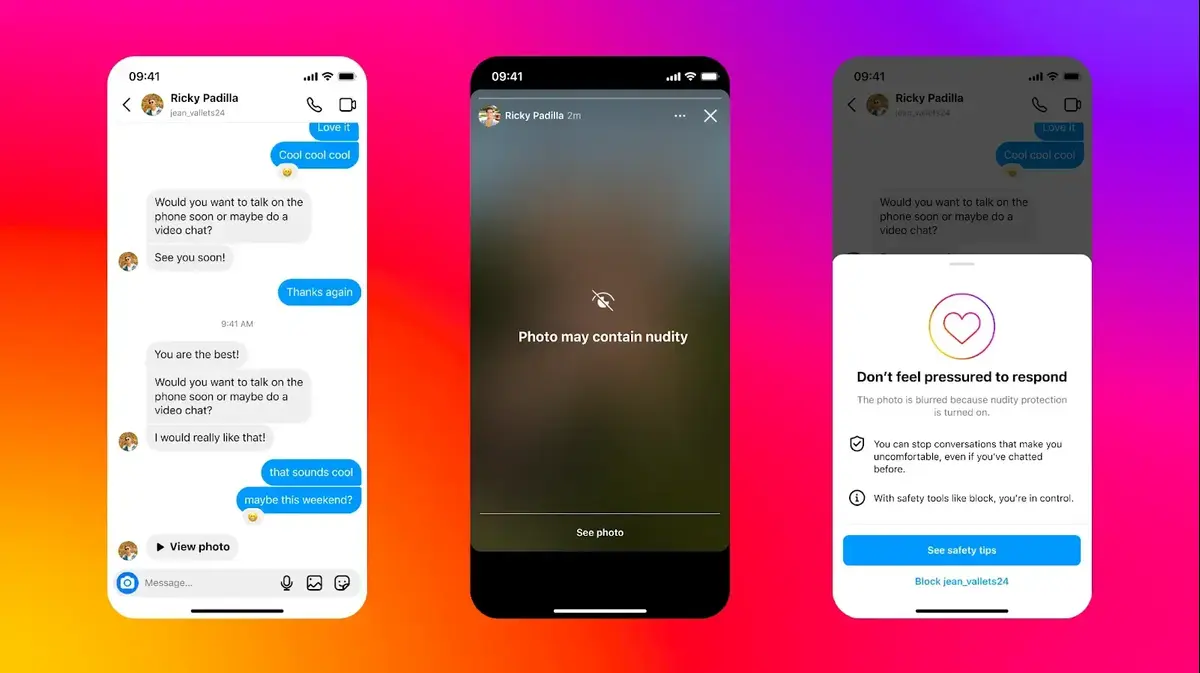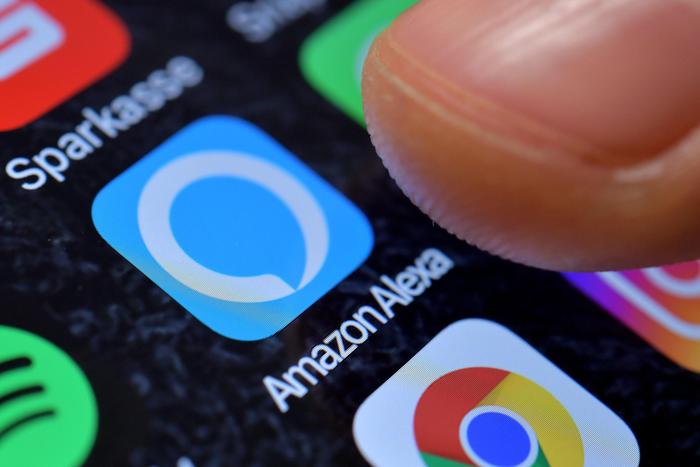The Israeli Internet Association published today (Tuesday) on the occasion of Safer Internet Day, an annual summary of reporting data on personal harm on the Internet that reached the Internet Association's helpline.
According to the vulnerability report data, it can be seen that most of the reported vulnerabilities came from the Instagram network (24% of the reports), followed by Facebook (18%), Google and YouTube at the end with 4% reporting percentages.
Among Arab society, Facebook is the arena where the most vulnerabilities were reported, with 55% of all those reporting, followed by Instagram with 16%.
It should be noted that about half of all reports of damage come from platforms operated by Meta.
The data also shows that the number of inquiries regarding TikTok vulnerabilities has increased 2.3 times compared to last year and almost 3 times compared to 2020.
Another interesting statistic shows that there was a spike in inquiries on Instagram during the summer months.
Facebook had a wave of attacks against businesses in October-November.
The distribution of references on violence and cyberbullying shows that sexual violence is the most common violence among those reporting, with 33% reporting (among Arab society 40% reporting), and cyberbullying, which includes incitement and harassment with 24%.
The majority of inquiries by men from Arab society are about "sextortion" - sexual extortion after an intimate conversation with criminals posing as women. Among the reports of cyber attacks, hacking and account takeover is the most common report with 77%, with the rest of the reports being about phishing attempts. The target The most common impersonation in phishing scams is the Israel Post.
And Natan Ben-Horin, director of the Internet Association's safe internet helpline: "The constant connection to the network provides us with many advantages and possibilities for a more comfortable and easier life, but it also comes with new challenges and threats that are important to be aware of. We recommend using basic digital security measures such as activating two-factor authentication steps and using complex and varied passwords for the various digital services. Be sure to activate privacy settings adapted to your needs, and if you encounter fraud or offensive content on the Internet, report it as soon as possible to the platforms, authorities or the Internet Association's Safe Internet Helpline."
The ten rules for online safety
The Israeli Internet Association calls on the public to protect their digital space through 10 simple rules that will increase the protection of their privacy:
More in Walla!
Pietro celebrates a round birthday and you enjoy a once-in-60-years sale
In collaboration with Pitro
1. Set up "two-step verification" in any app that allows it.
2. Ensure regular updates of the operating systems, software and applications on your computer and smartphone.
The updates are designed to close loopholes and security holes exploited by hackers.
3. Install high-quality protection software and make sure it is updated regularly.
4. Set strong and different passwords for each application.
A strong password is one that consists of uppercase, lowercase letters, numbers and special characters.
Do not use as a password your phone number or date of birth or other information that is easy to find out about you.
And when you change your password, don't switch to the "next in line" password (eg P@ssword1 then P@ssword2).
The more complex the password, the more difficult it will be to guess and crack it.
5. Your passwords and codes are private and must not be transferred.
Even if someone familiar asks you for your private password or a verification code sent to you, you should never give them out.
It is most likely a scam.
6. Take care of the backup - it is not always possible to prevent the hack or the damage.
Make sure to regularly back up all the important things you have on your computer and smartphone, preferably in the cloud.
7. Do not click on suspicious links.
Be suspicious of any link or file sent to you, even if sent from someone you know.
Before you click on any link, make sure the URL behind the link makes sense.
Hackers will often create an address that looks almost identical to the original.
If the link appears as a shortened link, verify what the link is pointing to on one of the shortened link checking sites.
Phishing is a very popular phenomenon and you should know what to do (and what not to do) to avoid falling into the trap.
8. Beware of free gifts or tempting promotions.
What seems too good to be true, is probably a scam.
A very popular gift stinger.
9. You received a message from the bank or a recognized company with a warning or a link to update details, always prefer to enter the website itself and not through the link you received.
10. Want to buy online?
Make sure you buy from a known and trusted site.
Look for reviews of it online, and make sure the site's URL is correct.
Make sure that the communication is secure and that the wifi network you are using is a private network that you can trust, that the website is secured with https and that a green lock appears in the URL line before you enter a credit card number.
If you buy or sell a second-hand product, make sure that the person selling or buying from you is indeed reliable and genuine.
Many scams are perpetrated this way.
technology
privacy and security
Tags
Internet
Network safety









